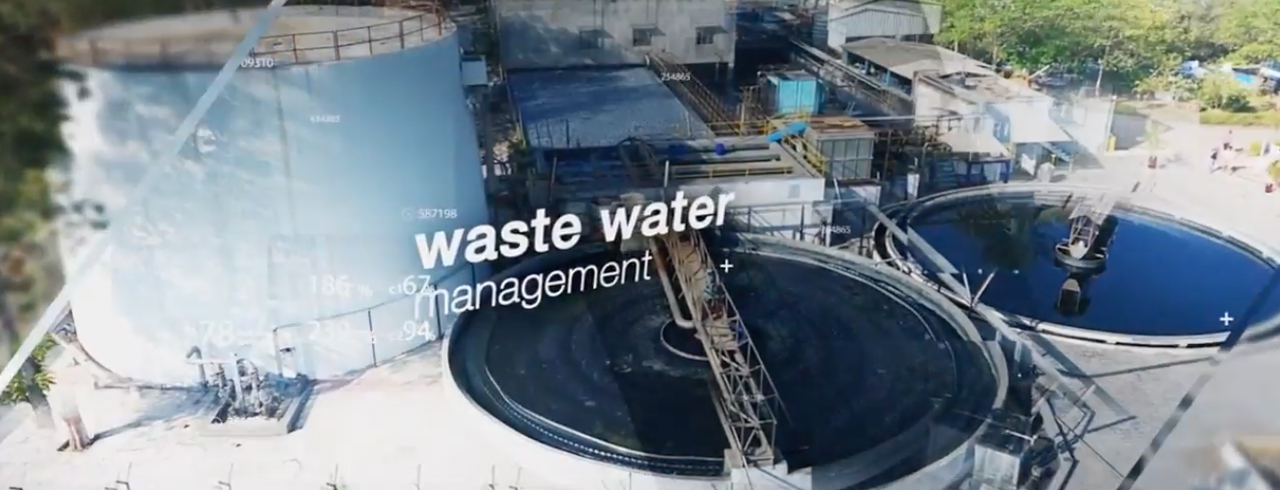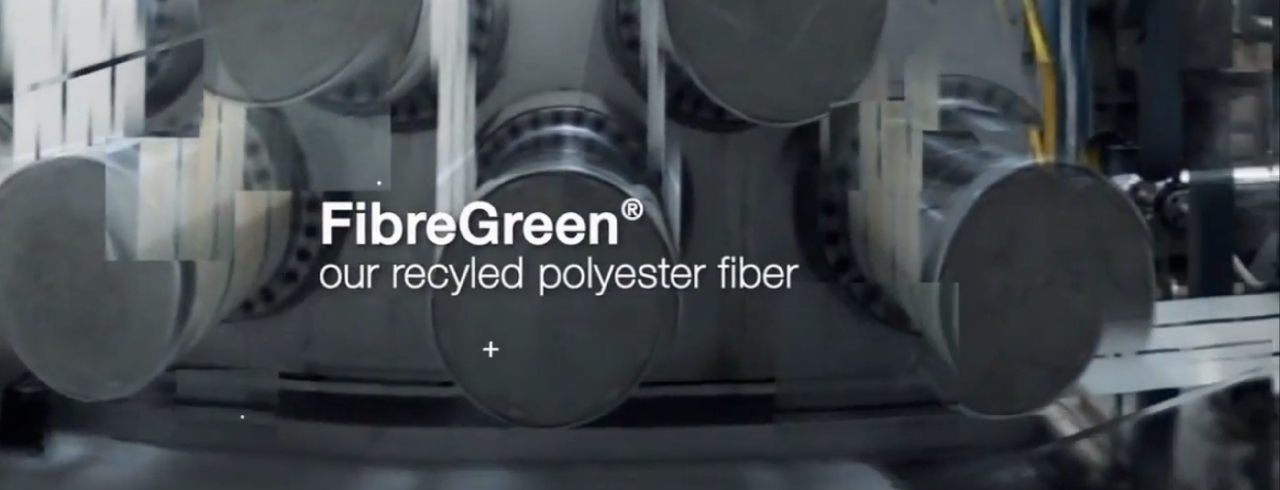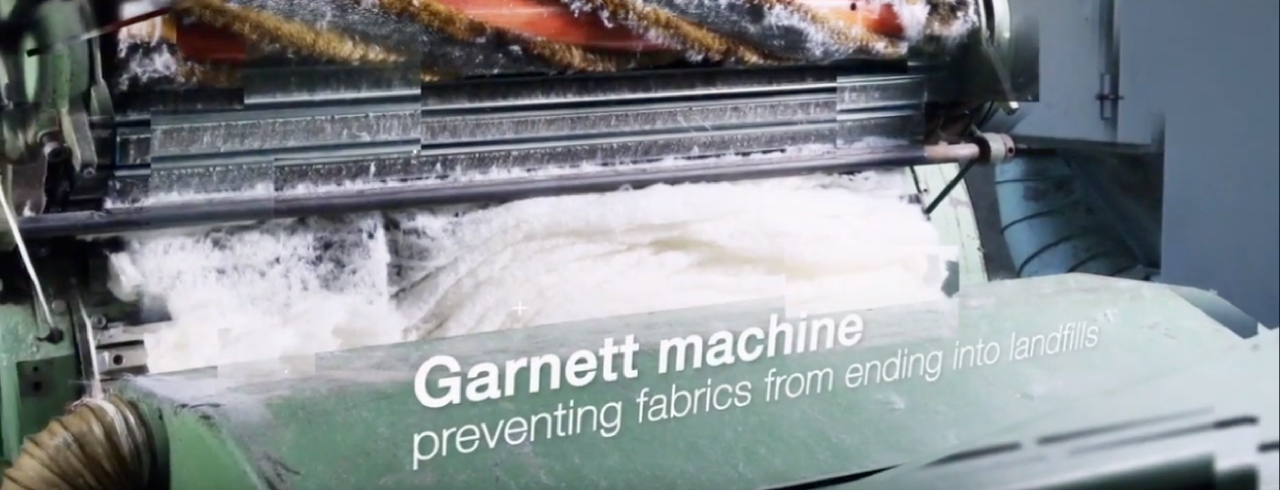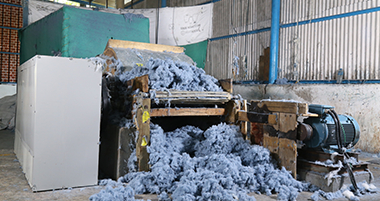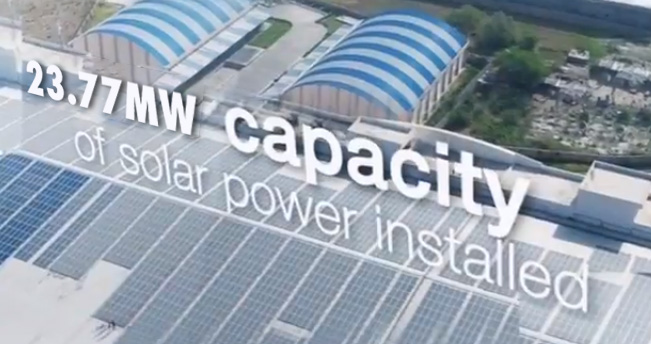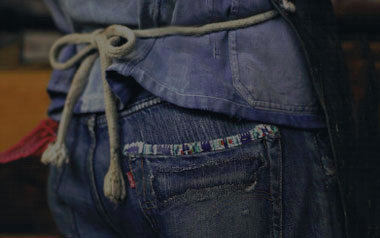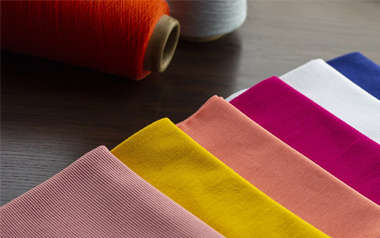we only take what we can give
For over 60 years, RSWM Limited has been at the forefront
of sustainable practices, driven not by mandates but by a
deep passion to give back to nature what we take from it.
We maintain a reciprocal relationship with
nature, taking only what we can give back.
In the 21st century, our sustainability efforts have evolved.
From harnessing renewable energy and recycling crores of
PET bottles annually to reducing CO2 emissions and
conserving water, our initiatives reflect our unwavering
commitment to the environment.
Our Green Initiatives
GREEN ENERGY
At RSWM, our efforts to reduce reliance on traditional modes of energy have led us to adopt renewable sources like solar and wind for our power needs.
74 MW
Solar + Wind Power Used AnnuallyBIO FUEL
In order to replace fossil fuel consumption and reduce dependencies on harmful substances, we use dry husks to create biofuel to aid in our manufacturing processes.
14713.80 MT
Bio Fuel Used AnnuallyWATER CARE
Our facilities combat water consumption concerns in the textile industry by using advanced multi-stage treatment plants to recycle water.
2230734 KL
Recycled Water Used AnnuallyRecycled Polyester
Plastic waste has engulfed the world in landfills and garbage patches on our oceans. To reverse this ecological crisis, we find ways to upcycle polyester in our products.
38270 MT
Recycled Polyester Used AnnuallyRecycled Cotton
A large portion of textile waste includes discarded cotton. Recycled cotton paves new pathways to keep it in a healthy and circular process.
8162 MT
Recycled Cotton Used AnnuallyOrganic Manure
For ages, manure has been a vital resource that aids in all kinds of manufacturing and production processes. When used well, it provides optimum benefits.
72357 KG
Organic Manure Used Annually
Fibre Green is made by processing waste material into fibre. In this process, the loss of useful resources is minimised. Disposed PET bottles are converted into flakes which are finally turned into fibre in different denier and cut for spinning into yarn. By using waste PET bottles which would otherwise have been incinerated or dumped into landfills or oceans. In terms of performance, these recycled 100% polyester fibres are just like virgin polyester fibre having a production capacity in excess of 3600 tonnes per month.



